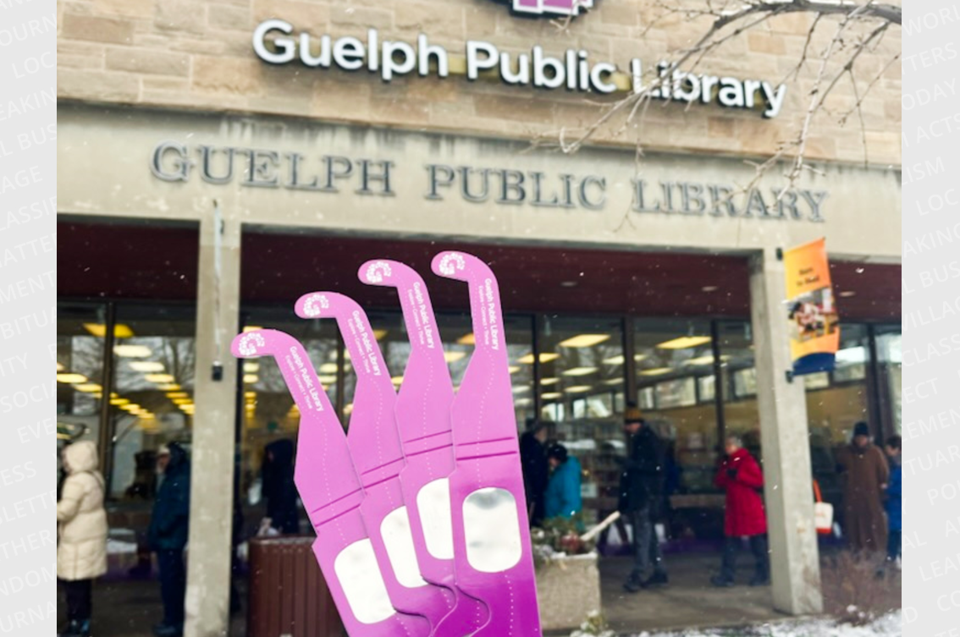As Monday’s solar eclipse nears, Wellington-Dufferin-Guelph Public Health wants to make sure you know how to keep your eyes safe.
“It’s exciting, it’s historic, and none of us are going to be around the next time that there is a true and complete solar eclipse,” said medical officer of health Dr. Nicola Mercer during Wednesday’s Board of Health meeting.
“But I think it’s also important to recognize the dangers.”
The solar eclipse will start at 2:03 p.m. in Guelph, where the moon will start to cover the sun. The maximum eclipse will be at 3:18 p.m. and end by 4:30 p.m.
During those hours, it’s unsafe to look directly at the sun without proper eye protection – regular sunglasses won’t cut it.
“It’s not safe to look at (the sun) with sunglasses, with binoculars, with a camera, with any other viewing device,” she said. “Unless you’ve got proper eye protection.”
Guelph Public Library provided the community with 10,000 solar eclipse glasses from March 20 to March 25 before stock ran out.
Certified glasses will have 12312-2 printed on them, indicating they meet international safety standards.
But even with the glasses, WDG Public Health suggests avoiding using a camera, phone, telescope or binoculars to view the eclipse without a certified solar filter, or you could experience both irreversible eye damage and damage to your equipment.
If you weren’t able to snag a pair of eclipse glasses, you can use a pinhole camera or box projector.
“It doesn’t mean that you take a pin and look at the sun. It’s actually a shadow that you’re looking at,” she said. “It’s very important to make sure that people are well aware that the injuries to your eyes can cause permanent blindness or have significant impact.”
Damage to eyes can include retinal burns, blurred vision and loss of eyesight. Eye damage might not be immediately obvious or painful, and symptoms can take up to 48 hours to appear.
She said it’s important to monitor children, and encouraged adults without proper eye protection to avoid taking a peek at the sun, no matter how tempting it might be.
Instead, she suggested watching it on TV. The eclipse will be live-streamed in several places as well including the Exploratorium livestream in Texas at 2 p.m., and NASA’s live broadcast with coverage in Texas, Ohio and Indiana.
If you do experience any of the above symptoms during or after the eclipse, see an optometrist or healthcare provider as soon as possible. If you experience a complete loss of vision after viewing the eclipse, seek emergency care right away.
